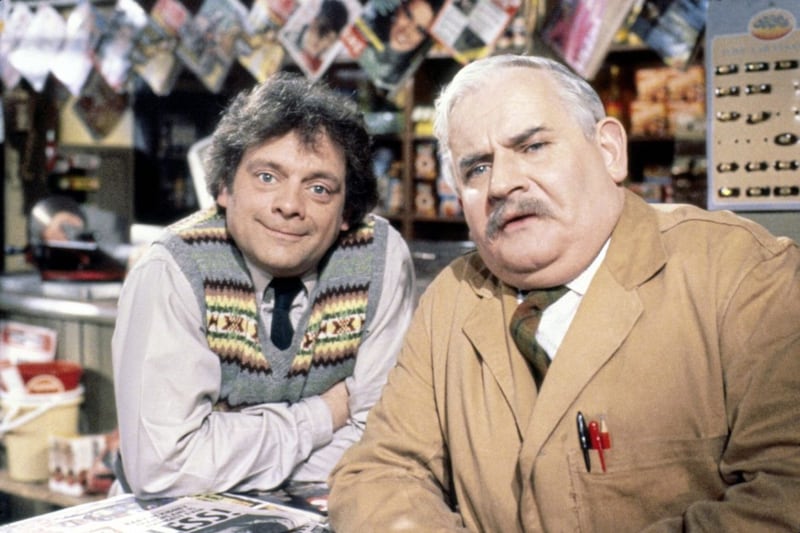Any sign of Christmas with you? I only ask because, at the time of writing (Sept 15) I’ve just bought a box of mince pies and some little bags of gold foil-covered chocolate coins to scatter on the festive table.
The mince pies (iced top, seriously yummy) have a ‘best before’ date, October 6. I’ve already eaten three. I agree there’s forethought, forward planning and efficient organisation necessary for the major feast of the year, but starting three months in advance is ridiculous. Alas, it’s become par for the course. The Top Ten list of most popular children’s toys was published at the end of June; Selfridges opened its Christmas shop in the last week of August and Christmas cards have snuck into stationery displays.
We’re living ahead of ourselves, hurtling through life, not taking time to savour the days because we’re too busy focussing on those to come. It’s a virus as transmittable as Covid. You begin by refusing to be part of the panic – and then you begin to panic. The press issue dire warnings. Sept 12: “Toy shortage! Plan for Xmas now! Families are warned to buy toys now to avoid tears under the tree.” Sept 16: “Industry leaders warn that consumers should prepare for permanent shortages in supermarkets because of lack of HGV drivers and food-processing workers.”
Alarm and despondency abound. Let the stockpiling of sprouts begin, even though nobody likes them. We are hostages to tradition.
With or without a pandemic, it’s all got out of hand. Christmas, once three days long with a postscript of New Year’s Eve, now stretches from September to January, with October given to Hallowe’en. Television crews seeking lighthearted footage, trawl the streets for families who, from November 1, put up ever more elaborate Christmas trees and smother their homes and gardens in fairylights with galloping reindeer on the roof. I wouldn’t want to pay their electricity bill. Once the aberration of eccentrics, this has become so commonplace that people drive around town at night to admire the displays.
As I write, women of a certain age are steeping their dried fruit in brandy for puddings and cakes. There’s nothing one’s digestion needs less after an elaborate dinner than a hefty slab of rich, glistening, totally indigestible Christmas pudding, but by and large, the traditional Christmases of my childhood have vanished. I think nostalgically (but with relief) of the hours my mother and Auntie Mollie spent in the kitchen wrestling with a turkey, its head, feet, feathers and innards still intact, everything made from scratch and me, trusted with stirring things and washing the good cutlery with bone handles that came out of its velveteen-lined case once a year. Modern Christmas is mostly delivered in a van to a new generation that has neither the skills, patience nor time for such labour-intensive tasks.
As for the magic of Santa – I wrote a hopeful but modest list and watched it darken, burn and fly up the chimney. Now, children tour toy shops with their parents well in advance, choosing what to put on their list, fairly sure that Santa will oblige. No child can sustain the excitement of a wait for Christmas that starts the minute Hallowe’en is over. And what do they understand of the meaning of our major religious feasts? I wouldn’t call myself gospel greedy, but for them Hallowe’en is ghosts, witches and fireworks; Christmas, synonymous with trees, toys and Santa; Easter – chocolate eggs and bunnies, all increasingly secular-celebrations. There’s little left of what these events signify. How many modern children would recognise them as All Souls Night, the Nativity and the Resurrection?
It would be good to think that when Christmas is over, a body could relax. Hah! The Gadarene rush begins again on Boxing Day with the start of the January sales, when we flock to buy heavily discounted goods to put away for the next Christmas. These items are stored carefully in the ‘forgettery’ and never found again, thus necessitating the whole mad scenario to be re-enacted annually in a never-ending cycle….








